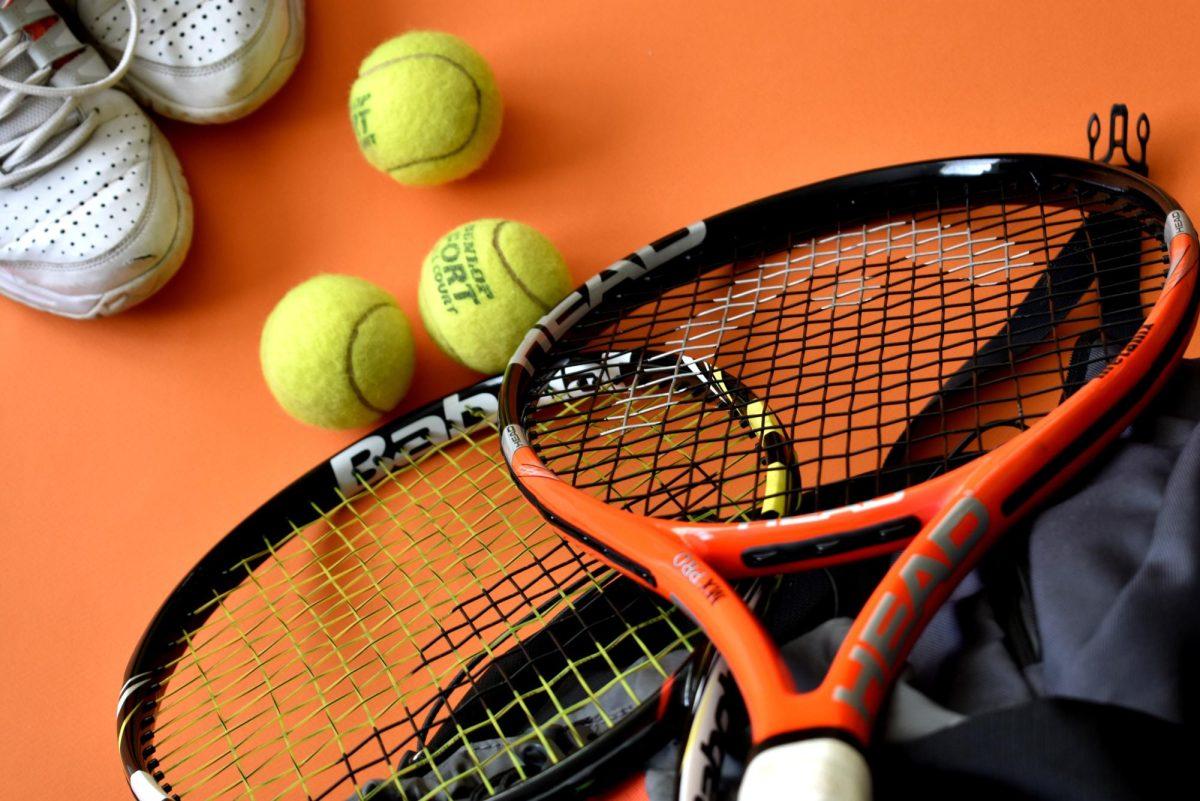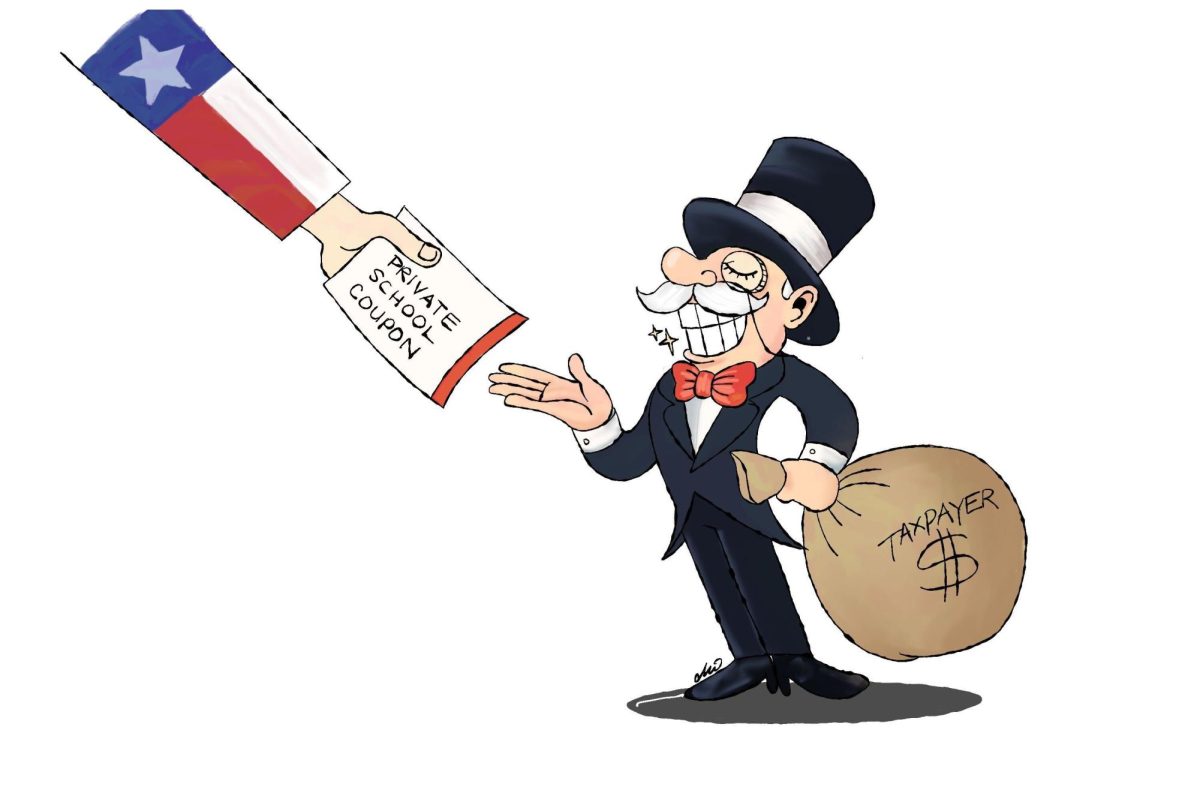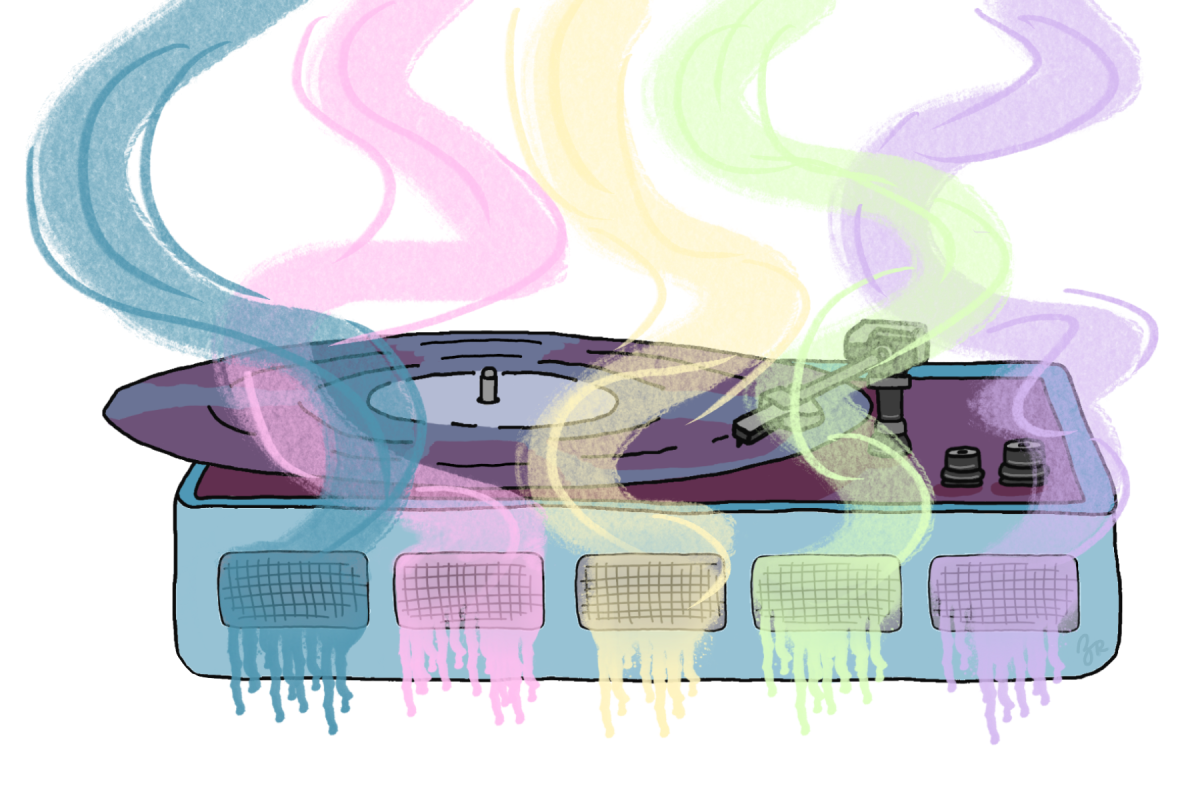If COVID-19 showed us anything, it was that a world without sports is far more dull. After all, they have long been thought to be America’s pastime.
Whether it’s football, basketball, baseball or even women’s collegiate gymnastics, which has now seen an increase in attention due to social media influencers and their unprecedented NIL deals, now people who would have never been into sports at the very least have a favorite athlete they follow.
Of course, there is absolutely nothing wrong with this. Sharing the joy of seeing your team win with fellow fans online or getting to see the personal lives of our favorite athletes brings a level of intimacy to sports we’ve never seen until recent years. However, have you ever thought about why we are so invested?
While it’s great to have a few teams to keep up with year-round, why do we rely on these teams or athletes for our sense of achievement? If our beloved NFL team comes up short any given Sunday, we allow ourselves to be in a bad mood the rest of the day — sometimes the entire week. Somehow when they lose, it feels like a part of us did as well.
We’ve become so attached to the idea of living vicariously through these franchises that we’ve forfeited our own competitive spirit in the process.
The reason for this outsourcing of competitiveness may vary from each individual; however, they all arrive at the same destination — a life without personal competition. Perhaps you didn’t think you were good enough to play your chosen sport past the high school level or maybe you were never the athletic type. Whatever the excuse may be, I assure you competition could drastically improve our otherwise fairly mundane lives.
Let’s start with the simple fact: an overwhelming majority of us are not exercising as much as we should. Thankfully, we are not our ancestors and aren’t forced to hunt down our food on a daily basis as a means of survival; however, this was also a great excuse to stay active and, more importantly, bond.
For most of us, our daily jobs negate the need to be remarkably fit; however, our bodies and minds still crave the plethora of mental and physical benefits that come with hunting as a tribe. Now, obviously, I’m not advocating for us to drop our nine-to-fives, move into the wilderness and wear tunics all in an attempt to chase the adrenaline high that comes with living on the edge.
The good news is we don’t have to.
Forming recreational sports teams and friendly competition have become our modern substitute. Regular competition has also been linked to improved memory, cognitive functioning, concentration and fostering a sense of belonging. Not to mention the awesome endorphins that come with it.
People are tired of clocking out and just sitting at home. You may be past your physical prime, but that doesn’t mean you shouldn’t be a part of a team with a common goal.
Have you never liked the gym? Pickleball could be your thing. Not a huge runner? Frisbee golf is calling your name. There is no excuse not to be active and enjoy the benefits of friendly competition. Especially if the alternative is sitting at home on the weekends and pretending to be invested in whatever terrible show your significant other puts on.
Sure, getting to wear your game day jerseys down the hall in high school was great, but what you really miss about your high school days, if anything, is the rush that comes with working together with your team to win.
After years, we’ve finally figured it out. Those losers who couldn’t win a trophy were actually right. There is more to sports than winning. It’s regaining the competitive edge we once lived for.
Benjamin Barnes is a telecommunication media studies senior and opinion columnist for The Battalion.
















